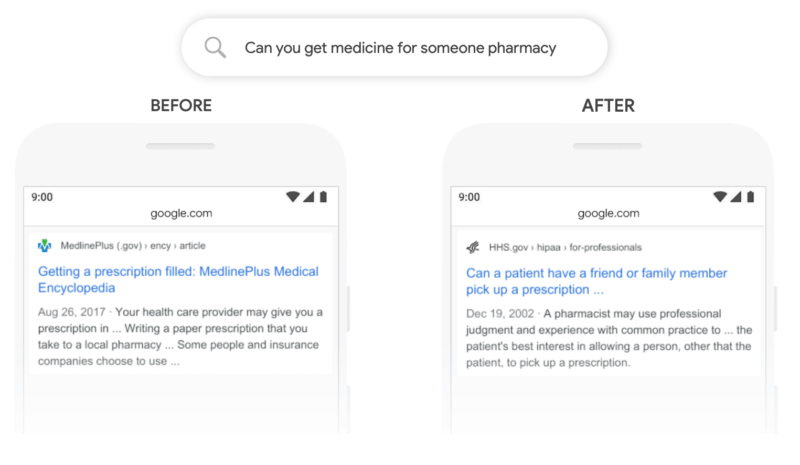Topics:
Search Engine OptimizationSubscribe now and get the latest podcast releases delivered straight to your inbox.
Google’s Mueller weighs in: Is the importance of exact match keywords decreasing?

Nov 18, 2020

Search engine optimization is tricky. There are so many tactics to remember, so many strategies to experiment with, and so many metrics to track.
In today’s digital world, the competition is fierce, and everyone is fighting for that first spot in the SERP.
With a ton of potential optimization techniques to try, it can be hard to prioritize what to focus on. But over the years, one thing has remained constant: the need for keywords within your content. According to conventional thinking, it’s not enough to have keywords scattered across your website — you should try to match them as closely as possible to what the user is actually searching for.
Google calls these “exact match keywords,” and they are just what they sound like: keywords that match exactly what the user types into the search engine query bar.
In a recent Google Office Hours hangout, a question was asked about whether or not the importance of exact match keywords would decrease upon the emergence of BERT, Google’s algorithm update from 2019.
Google’s John Mueller weighed in on the subject to explain BERT’s purpose, as well as how it might affect keyword use in the long run.
First, what is BERT?
First off, contrary to the question that was posed, BERT is not “emerging.” In fact, it was introduced in October of last year.
BERT stands for Bidirectional Encoder Representations from Transformers, and according to Search Engine Land, “it is Google’s neural network-based technique for natural language processing (NLP) pre-training.”
For those of you who are like me and do not speak robot, put in simpler terms, BERT essentially helps computers comprehend language more like humans do.
It analyzes what someone types into the search bar, as well as content that might match that search, and tries its best to relevantly connect them with each other. Mueller further explains, “with machine learning approaches, we try to understand what the pages are about and what the queries are looking for, and we try to match these better.”
The image shows an illustrative example of BERT in action:

Image courtesy: Search Engine Land
You can see that the search results in the after image more clearly match what the user was looking for.
In the before image, it looks like Google tried to match the words “medicine” and “pharmacy” to assume someone wanted to fill a prescription of medicine at a pharmacy. In the after image, the result better matches what our human brains automatically think this person is searching for: picking up a prescription for someone else at a pharmacy.
So, what about those exact match keywords?
Historically, some companies focused so heavily on the exact matching technique that they keyword-stuffed their content with multiple versions of the keyword, including singular and plural forms, as well as common misspellings! (The grammar nerd in me is cringing.)
Can you imagine being an outdoor clothing company and purposefully writing “camoflage sweatshirt” on your product page because a large number of people spell it that way? Instant loss of credibility in my book!
Well, the good news is that after clarifying BERT’s purpose, Mueller talked about how it may affect the use of keywords in the near future. He noted that we’re headed in the direction where we don’t need to have the exact match on our pages anymore.
Mueller said this will be less critical than it might have been in the past, because the real focus should be more on answering or matching what the user is actually looking for.
This confirms that the importance of exact keyword matching is decreasing, so no more deliberately misspelling words (yay!).
However, Mueller wanted to ensure that people clearly understand that the goal of Google’s search algorithms is not to provide users with the results that best match what they type into the search bar. Rather, the goal is to deliver the best results to users when they ask for them. In short, Google aims to answer a user’s question with the content that provides the most value.
With that said, you should not give up on keywords as an SEO tactic altogether.
Make sure you know what your audience is searching for, and always strive to present them with the best possible answer. Now more than ever, being able to combine keyword optimization with search intent is a recipe for SEO success.
Free: Assessment